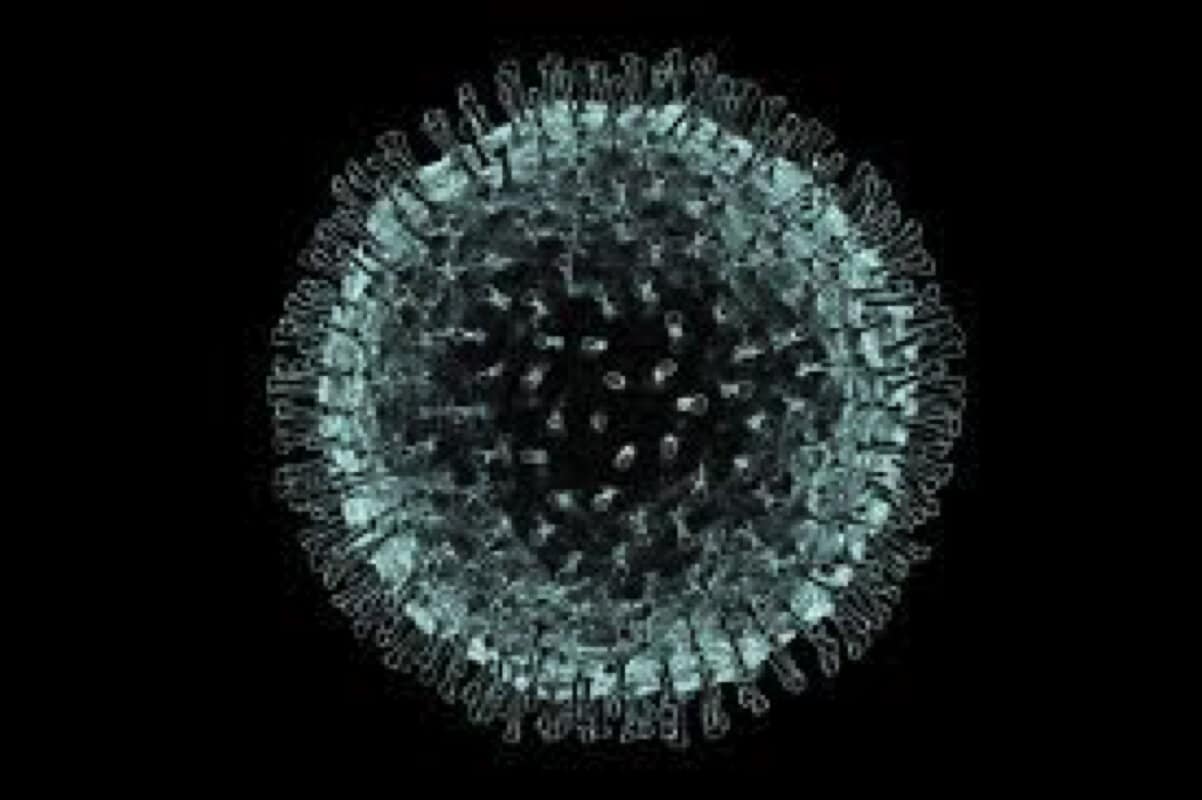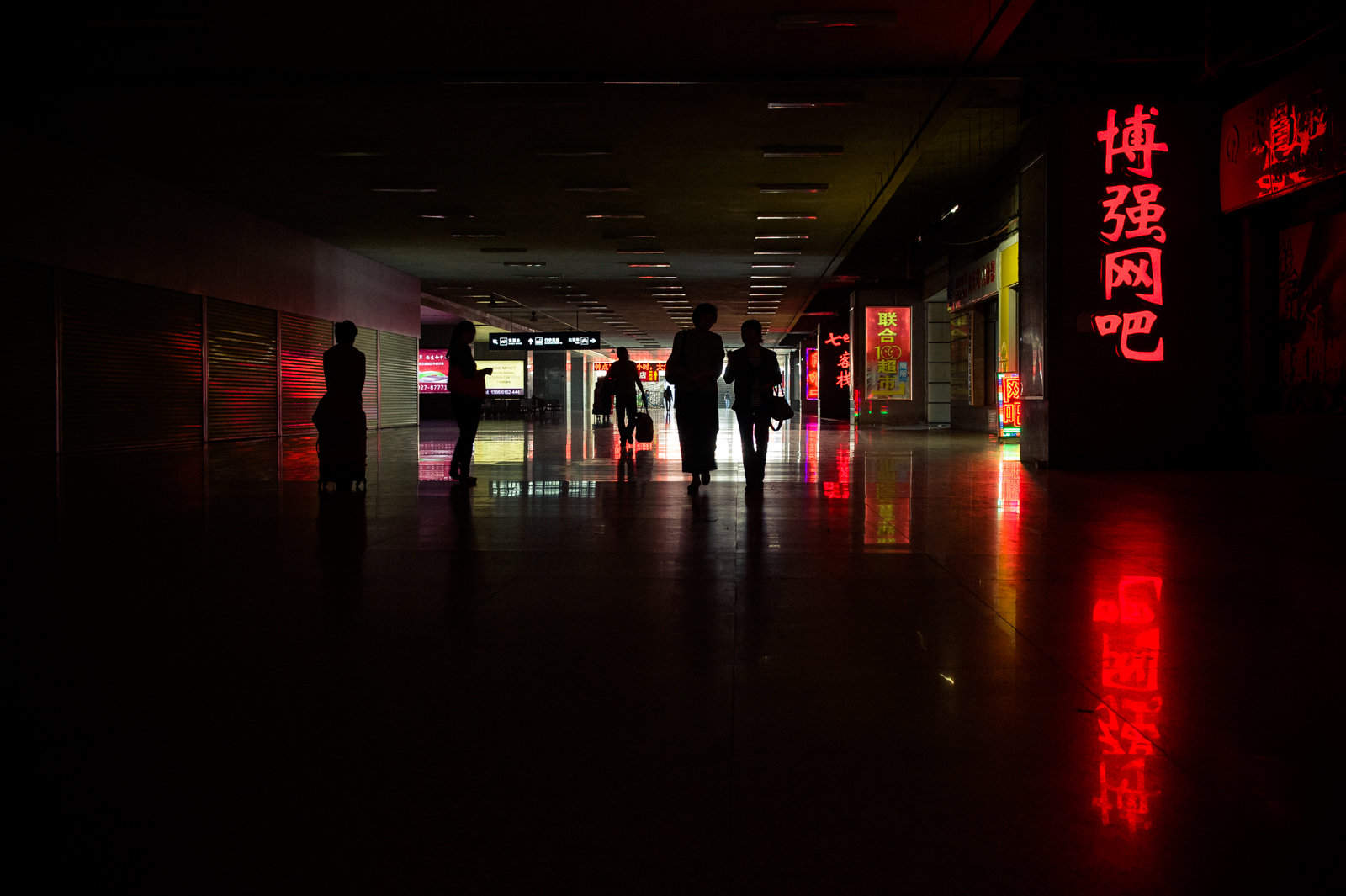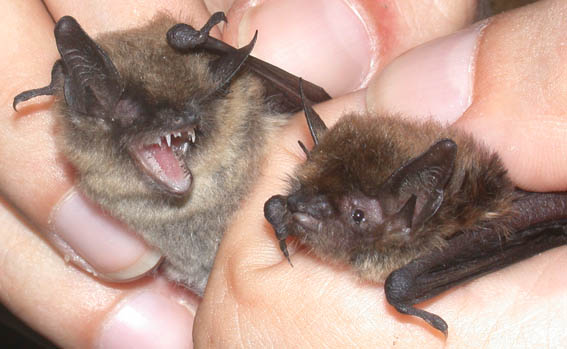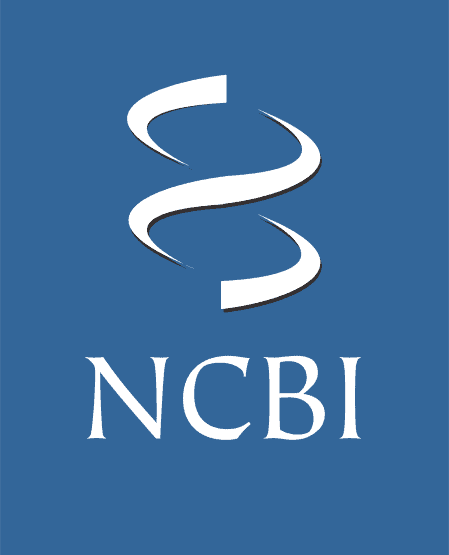How NIH-funded research in China could have led to the COVID-19 pandemic

A multimillion-dollar bat coronavirus research grant, funded by the National Institutes of Health (NIH), was made public last week, revealing that researchers based in Wuhan, China had manipulated coronaviruses in ways that led to increased severity of infection, employing platforms that tested the ability of bat coronaviruses to use human receptors. The grant documents underscore … How NIH-funded research in China could have led to the COVID-19 pandemic














